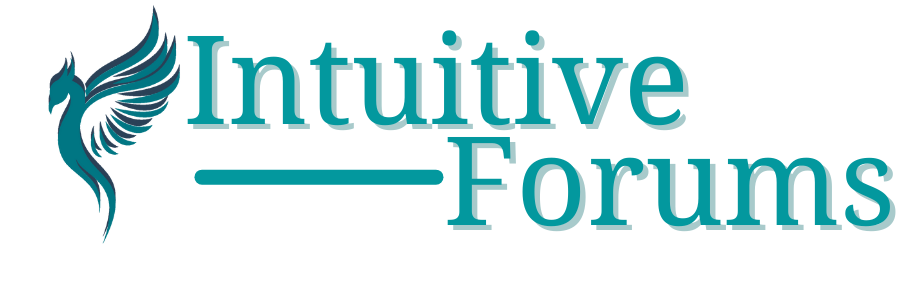-
Discussion
-
I’ve been asking myself some basic questions in an attempt to ground my beliefs lately. What links me to my spirituality? Where is the line between calling upon a goddess and appropriating them? When can I justify using their names in spiritual practice?
My problem is that I am a white, middle-aged, trans, female art witch. My ancestors were colonizers, I have no connection to the land I live on and no right to claim any. Said ancestors were a mixed bag of Anglo-Saxon, Irish, Welsh and Scots – distinct cultures that happen to share a skin colour. When I say I am ‘white’ I mean that as a negation of cultural identity, the stories of my ancestors were told seas and continents away from where I sit by people who had a firm local identity that I have not experienced and also feel no right to claim.
So I’ve come up with some rules of which goddesses I feel I can invoke and ways of approaching my practice and I thought I’d share them. Note that if you have a strong connection to a particular culture and you claim that practice with respect, I wouldn’t apply these rules to you.
1. The figures of dead religions are free to be invoked. I allow myself this because the lessons of the past are worth preserving.
2. I only invoke the names of a living religion that I don’t have a cultural connection to if that religion is open.
3. If I do have a connection to a mythology that people are trying to reclaim or protect, my practice must support theirs.
4. Whenever I invoke a deity of any culture, I must approach the practice with respect. Part of that respect is not claiming the titles of that religion for my own. My practices are something new and must honour the cultures they come from.Examples of putting these rules into practice:
* Lilith is a complex figure being primarily Judaic. I am not Jewish, nor do I have any connection to Jewish culture so that would usually mean I’d not invoke her. However, Lilith has much deeper roots in Sumerian and Babylonian mythology, which satisfies my first rule. There is also that a significant number of Jews that believe in a focus on sharing their wisdom and practice. She is also not worshipped in their religion. On balance I allow myself to invoke her as a name of the goddess I syncretize with Aphrodite/Ishtar/Astarte/etc.
* As mentioned, I am ¼ Welsh, but I live a couple of continents and a few seas away from Wales. I have no hope of ever learning Welsh, I’ve struggled enough with English. But I’m learning as much as possible and share what I can with others while not claiming that culture as my own. Even so I rarely invoke Welsh deities.
* I have felt drawn to the figure of Mictecacihuatl, La Calavera Catrina or the ‘Lady of Death’ (you might notice a theme I have going on here) but I have no connection to that culture and need to learn a lot more before I even consider invoking her.
* First Nations religions are right out, I respect them and that I have no business being in theirs.I want my practice to be respectful. If this helps, you have questions, critique, thoughts or suggestions, please have at it.

